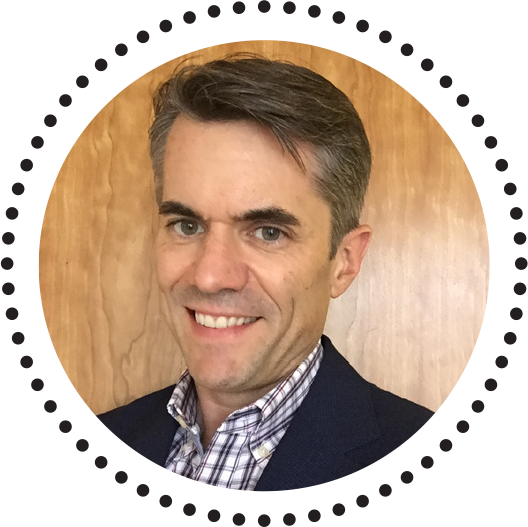Dr. Andrew Holbrook Discusses his Work in Financial Services

“While in graduate school I took 11 courses in political methodology and statistics. That coursework is a major reason why I was given an opportunity in the private sector, but what has sustained me through my career are the lessons that were imparted to me as part of my political science PhD training at Ohio State…”
What kind of work do you do at Wells Fargo? What energizes you about your career?
I lead applied science initiatives that evaluate the effectiveness of Wells Fargo products and services and then communicate results to business leaders. My team is involved in building and evaluating predictive models, designing and measuring tests, and creating presentations. In many ways, it’s similar to what I did in academia when I was leading research and teaching. One difference is the scale of the work; Wells Fargo provides financial services to one in three US households. Delivering insights that have the potential to enrich the lives of such a large population is highly motivating.
What did you study in graduate school? Can you say a little bit about your research?
My primary field of study was American politics, with a focus on political communication and political psychology. My dissertation examined the impact of the emotional experience of anxiety on candidate evaluation and voting behavior.
Why and when did you choose to pursue a career in the financial services industry?
After earning my PhD in 2005, I was placed in a tenure-track position at the University of New Orleans, teaching both graduate and undergraduate courses. Two weeks after starting that job, Hurricane Katrina devastated my new hometown and destroyed all four of the electronic and physical copies of my dissertation research. (This was in the days before cloud computing.) Faced with restarting my research agenda with the tenure clock ticking, I chose to return to the private sector in 2006. (Prior to graduate school, I had worked in television and film production.) JPMorgan Chase hired me for my expertise in statistics, and 15 years later, I am still in financial services.
In what ways did your doctoral training help you in your career?
While in graduate school I took 11 courses in political methodology and statistics. That coursework is a major reason why I was given an opportunity in the private sector, but what has sustained me through my career are the lessons that were imparted to me as part of my political science PhD training at Ohio State: Ask interesting questions, design solutions tailored to answer those questions, and communicate results in clear terms.
Do you have any advice for PhD students considering a career in business?
Consult a professional resume writer. Even if you ultimately decide that a career in business is not right for you, the discovery process of developing a resume (as opposed to a curriculum vitae) will help you better understand how your skill sets translate into business terms. If you are like me, you will discover things about yourself as part of that process that will help inform your choices. ■




